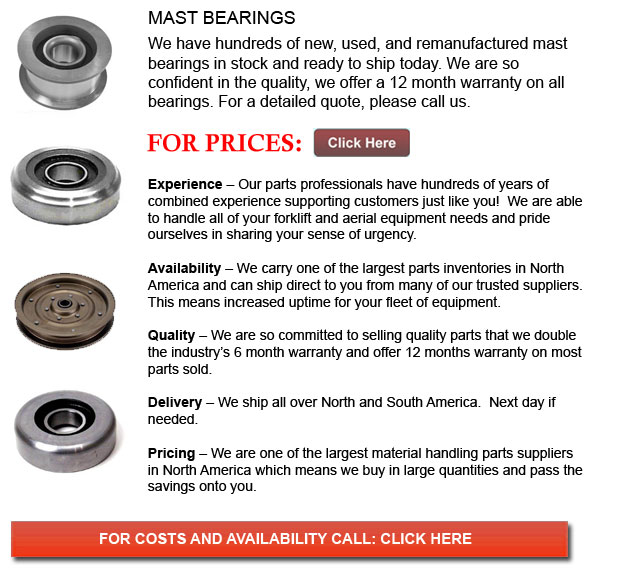
Mast Bearings - A bearing is a gadget which allows constrained relative motion between two or more parts, normally in a rotational or linear sequence. They could be generally defined by the motions they allow, the directions of applied loads they could take and in accordance to their nature of application.
Plain bearings are really commonly used. They utilize surfaces in rubbing contact, normally with a lubricant such as graphite or oil. Plain bearings may or may not be considered a discrete tool. A plain bearing can consist of a planar surface that bears another, and in this particular instance would be defined as not a discrete device. It can consist of nothing more than the bearing surface of a hole along with a shaft passing through it. A semi-discrete example will be a layer of bearing metal fused to the substrate, whereas in the form of a separable sleeve, it would be a discrete gadget. Maintaining the proper lubrication allows plain bearings to provide acceptable accuracy and friction at the least expense.
There are different bearings that could help better and develop efficiency, accuracy and reliability. In numerous uses, a more suitable and exact bearing could enhance weight size, operation speed and service intervals, therefore lessening the total costs of utilizing and purchasing equipment.
Bearings will vary in materials, shape, application and required lubrication. For example, a rolling-element bearing would make use of drums or spheres between the components to be able to control friction. Less friction provides tighter tolerances and higher precision than plain bearings, and less wear extends machine accuracy.
Plain bearings are usually constructed from different kinds of plastic or metal, depending on how dirty or corrosive the surroundings is and depending upon the load itself. The type and utilization of lubricants can dramatically affect bearing lifespan and friction. For instance, a bearing may work without whatever lubricant if continuous lubrication is not an option in view of the fact that the lubricants can attract dirt that damages the bearings or tools. Or a lubricant may better bearing friction but in the food processing business, it could require being lubricated by an inferior, yet food-safe lube to be able to prevent food contamination and guarantee health safety.
The majority of bearings in high-cycle applications require some lubrication and cleaning. They may need regular modification to reduce the effects of wear. Several bearings can need irregular upkeep to be able to avoid premature failure, even though magnetic or fluid bearings could need not much preservation.
A clean and well lubricated bearing would help extend the life of a bearing, nevertheless, several kinds of uses could make it a lot more hard to maintain consistent repairs. Conveyor rock crusher bearings for example, are routinely exposed to abrasive particles. Frequent cleaning is of little use because the cleaning operation is costly and the bearing becomes contaminated once more when the conveyor continues operation.
![]() Click to Download the pdf
Click to Download the pdf
Forklift Parts
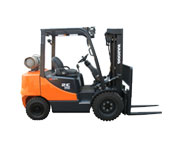
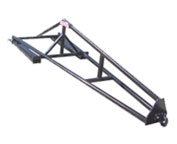
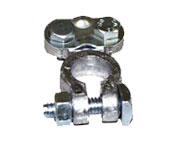
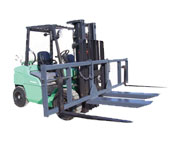
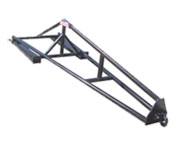
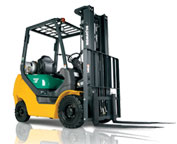
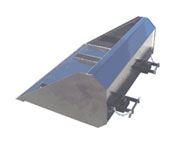
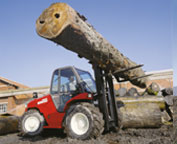
Lift Parts Express
TOLL FREE: 1-888-695-7994
LOCAL: (623) 900-4308
1753 E Broadway 101-496
Tempe, Arizona
forkliftpartstempe.com
Email Us
About Us


